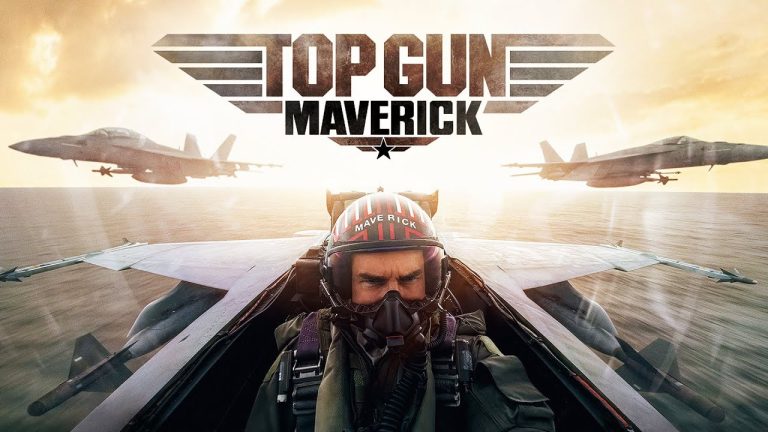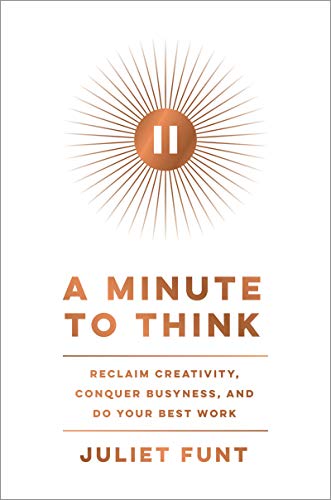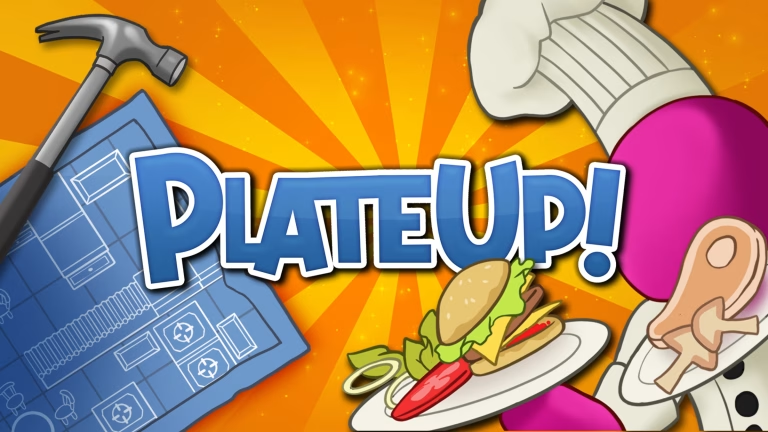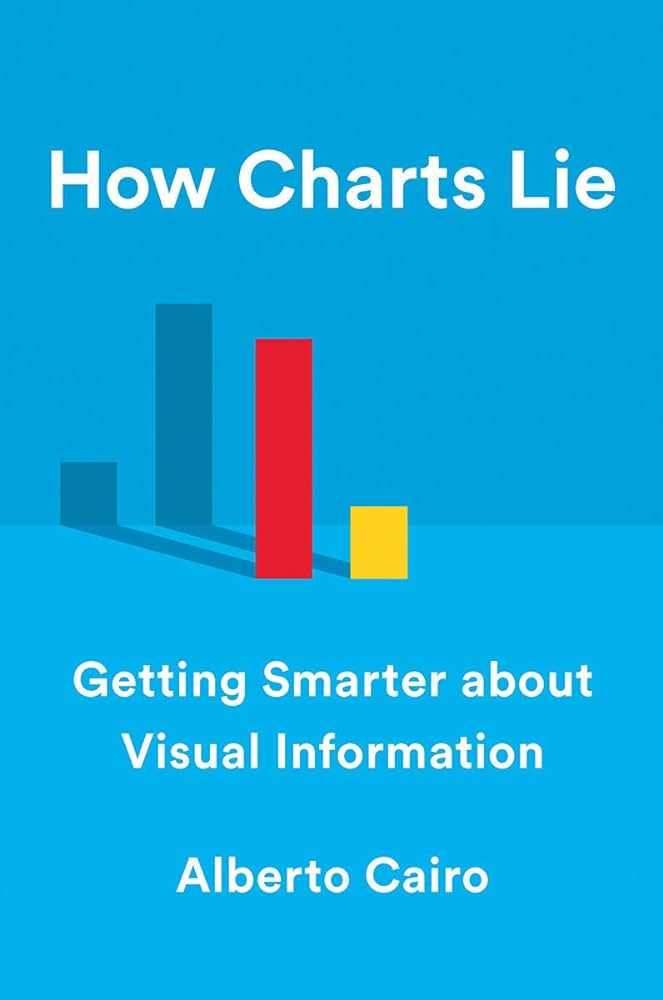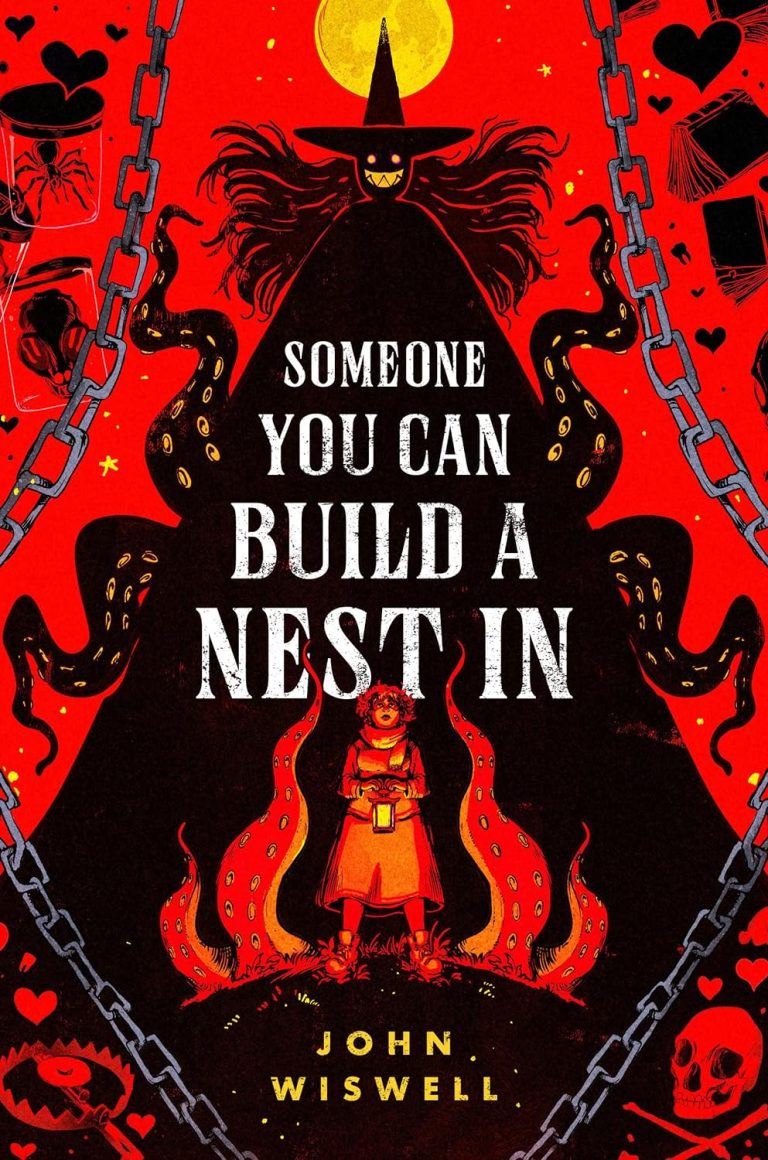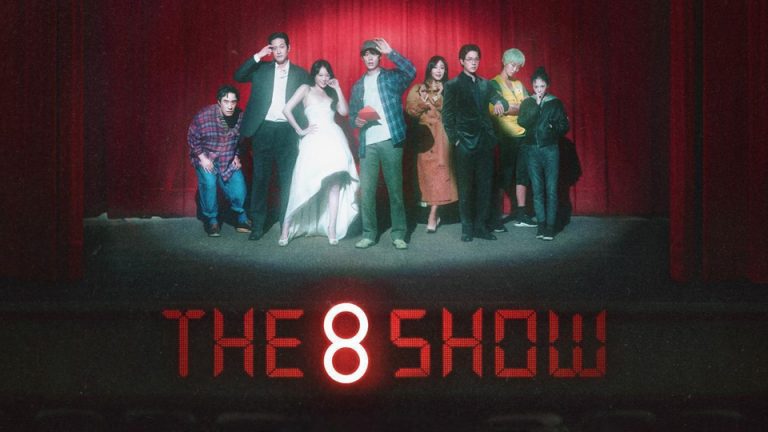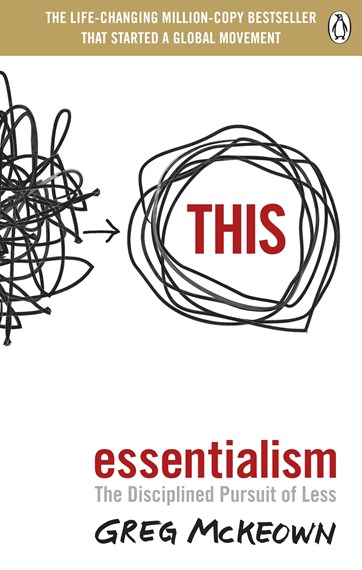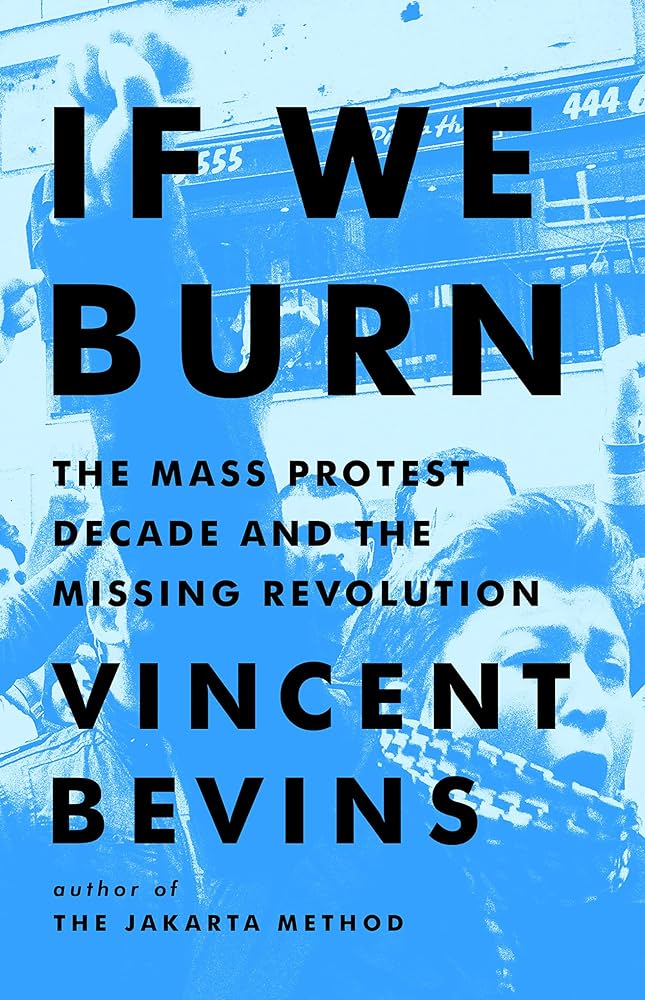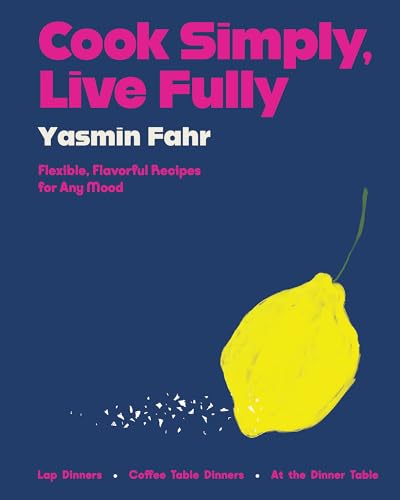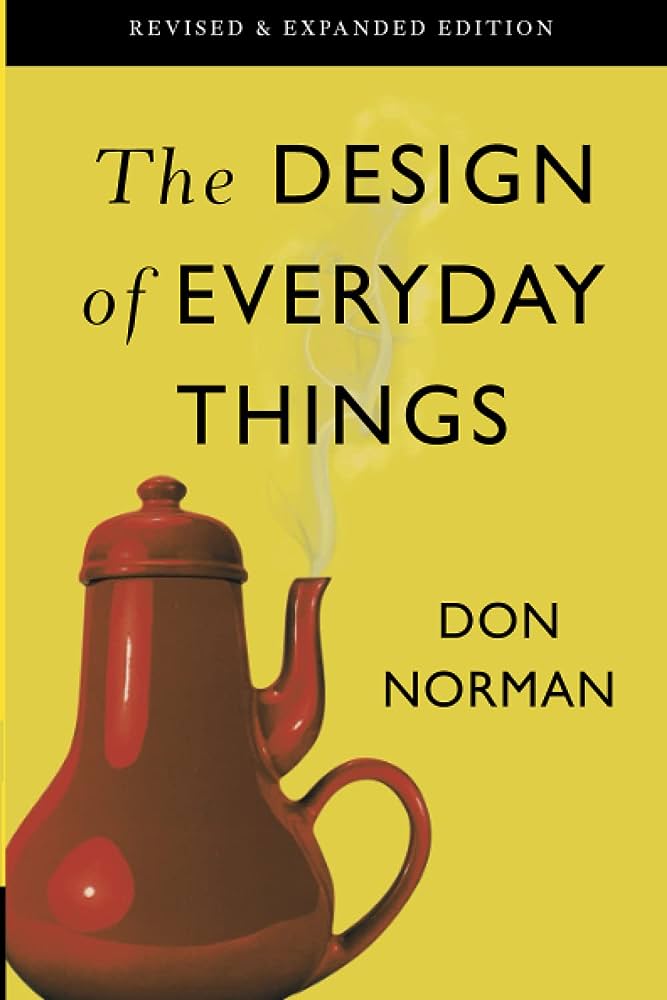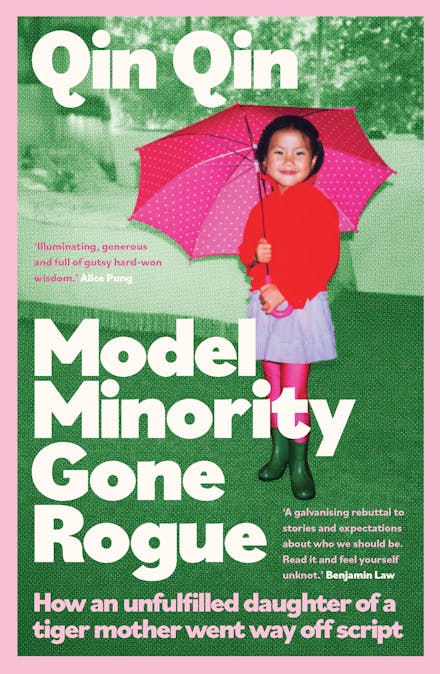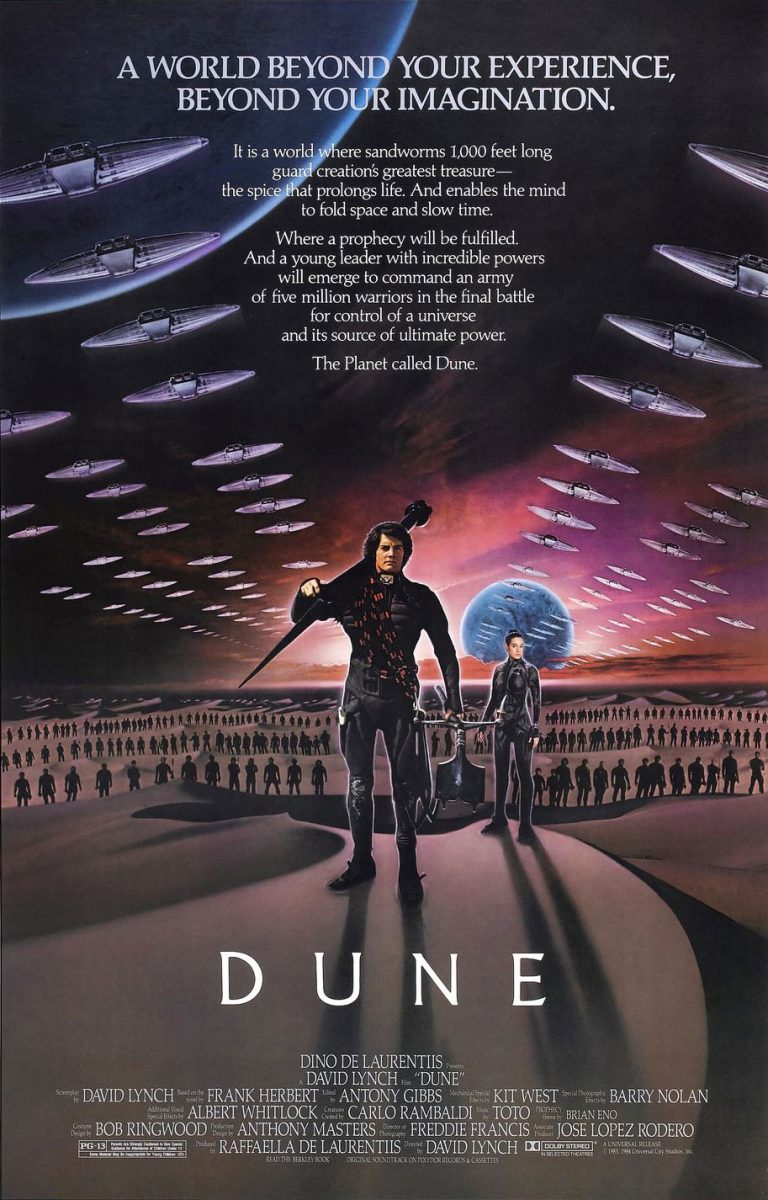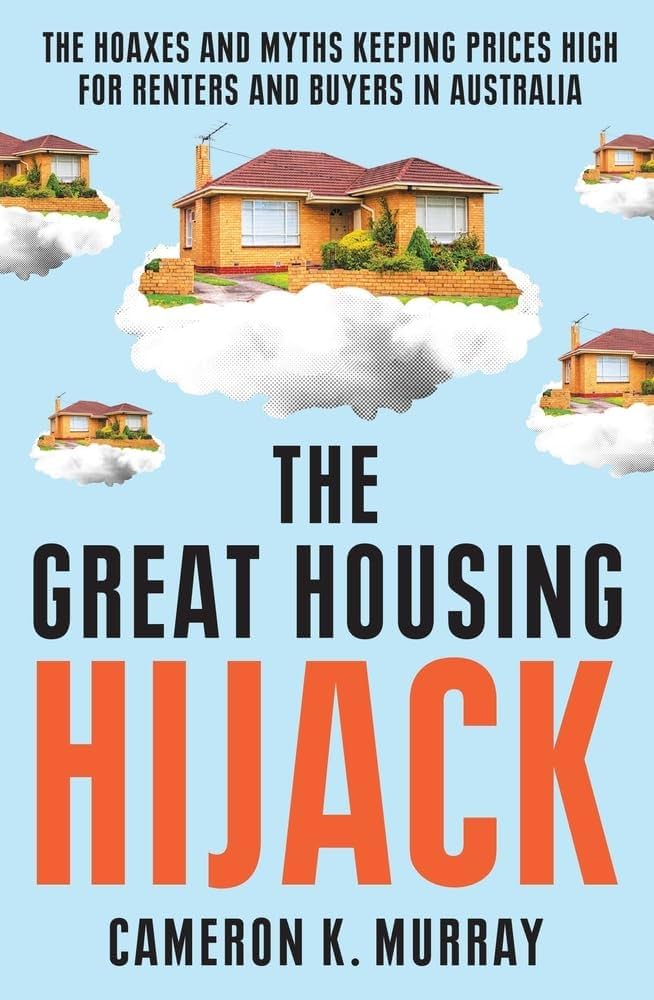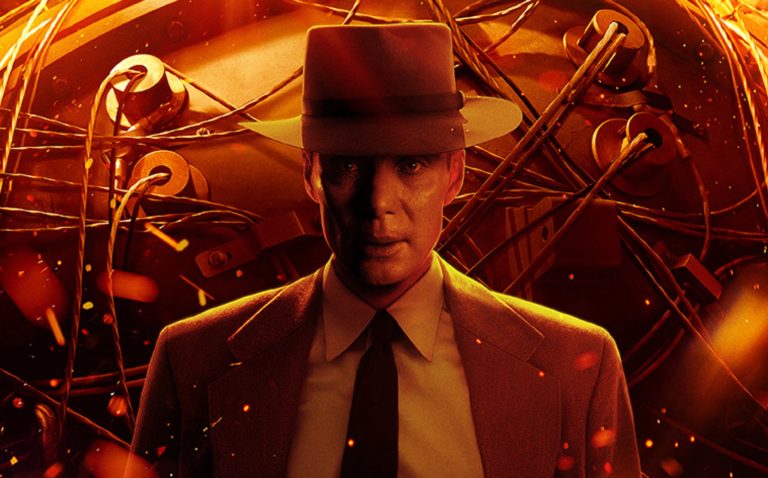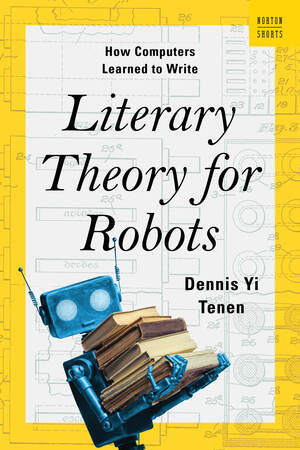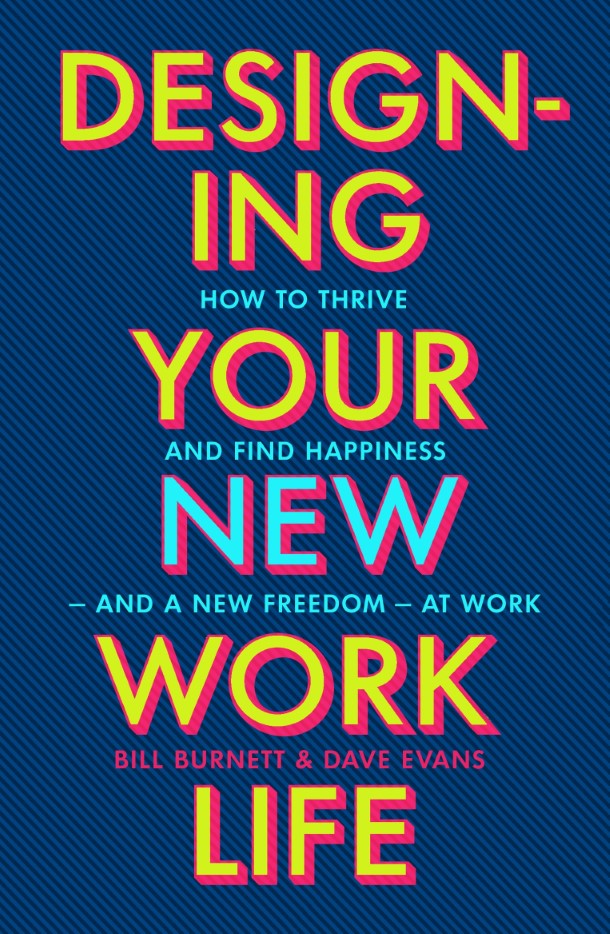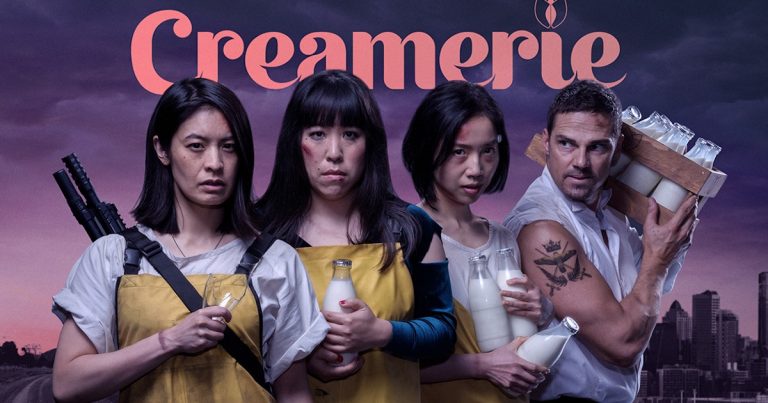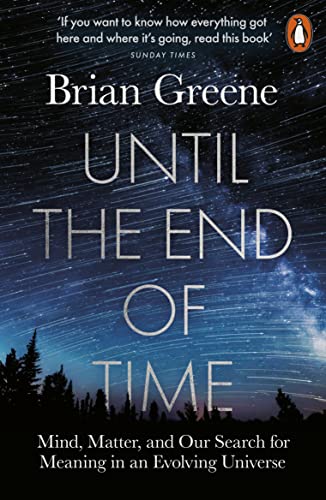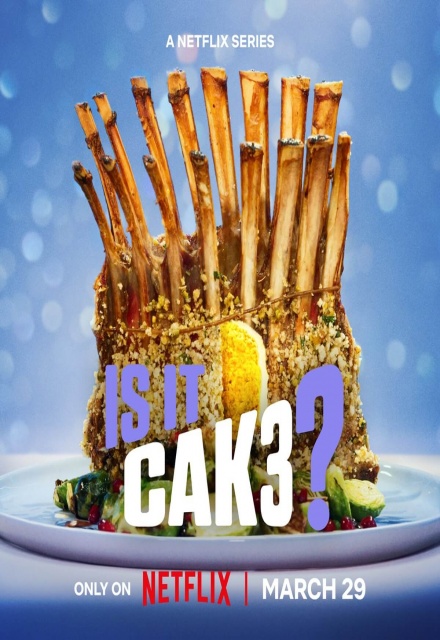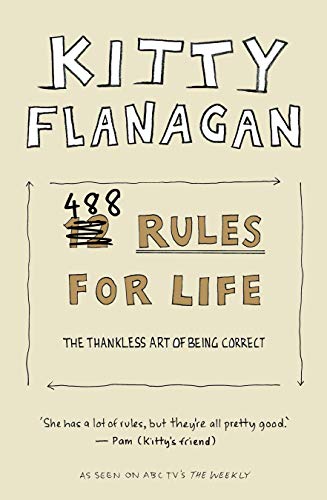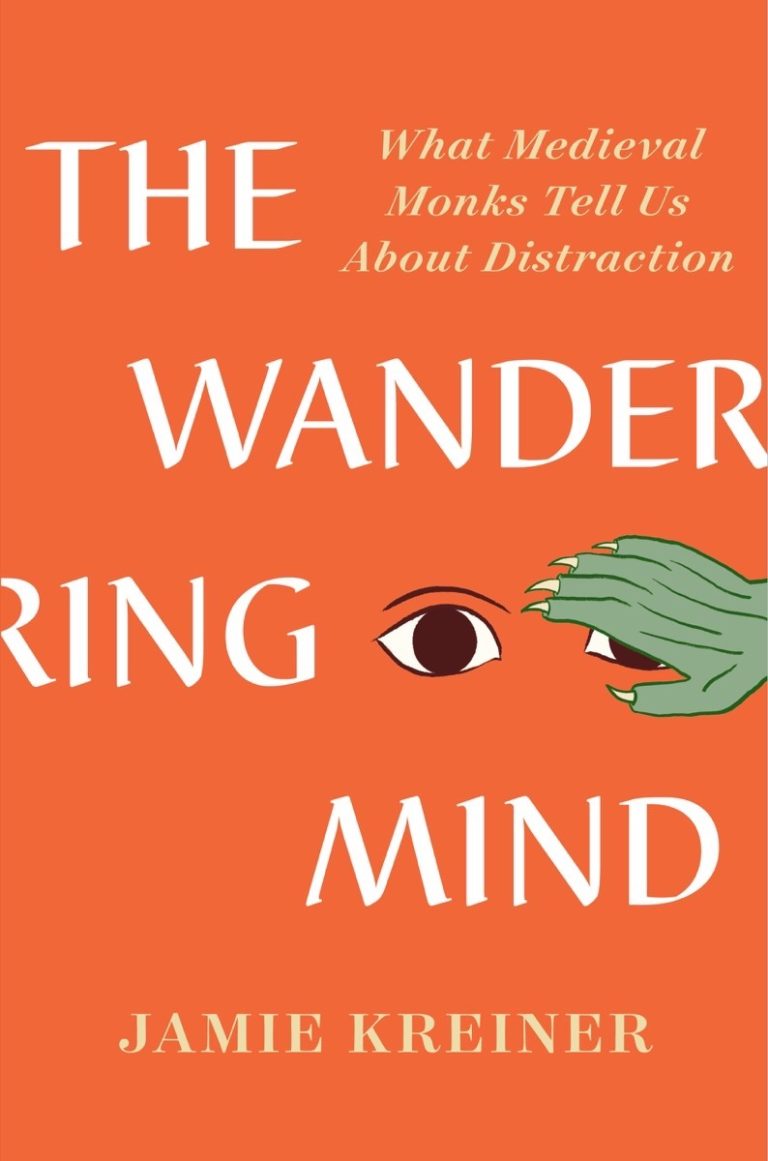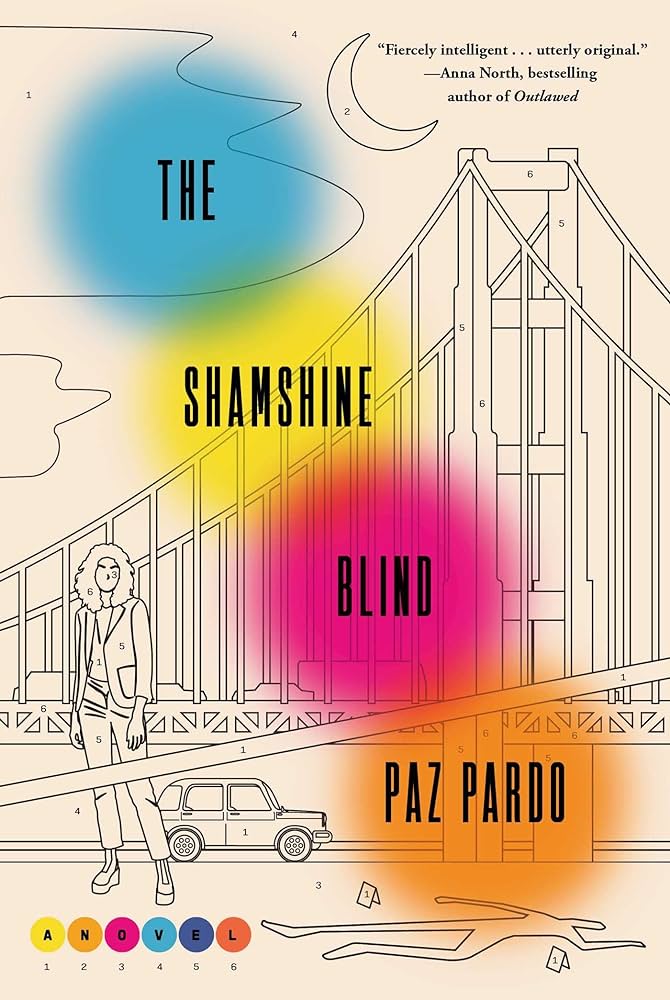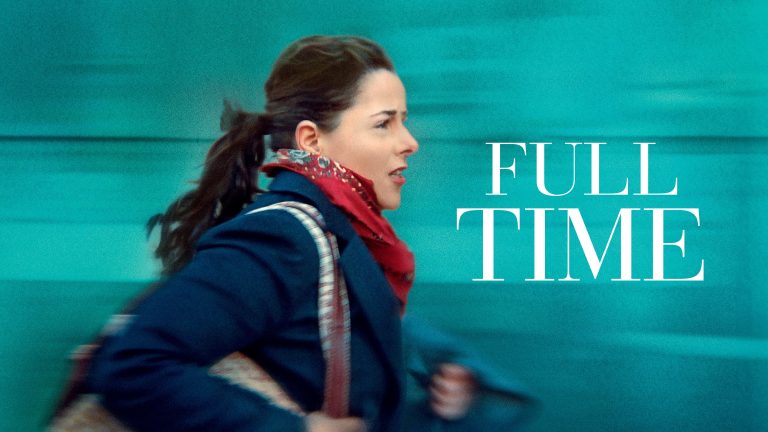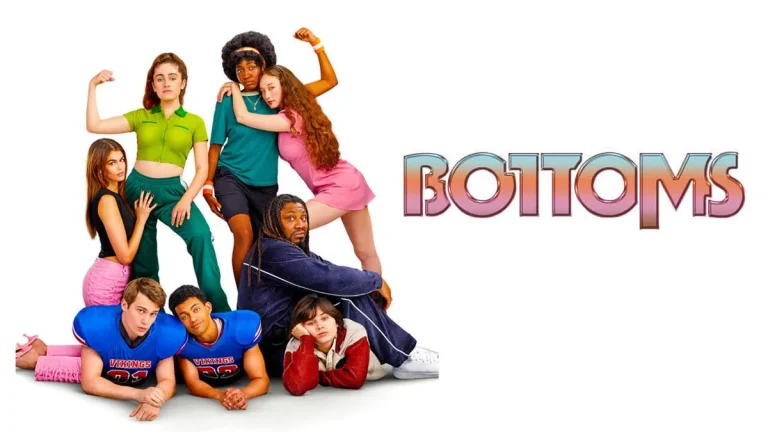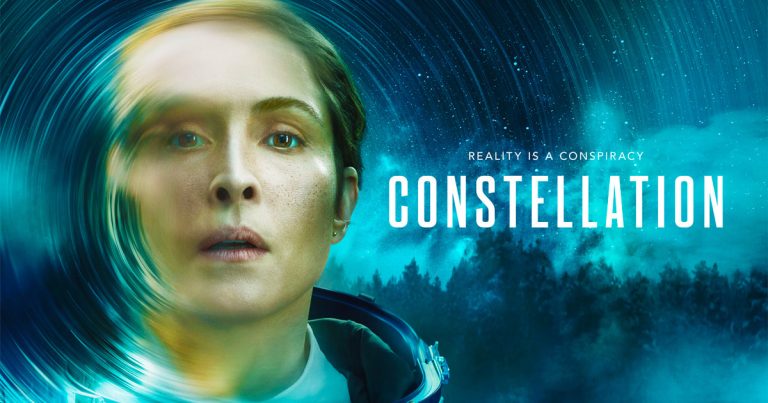The full subtitle of this show is bonkers: “The Villainess Enjoys a Carefree Life Married to Her Worst Enemy!” It’s pretty by the numbers, but I enjoyed it.
🤷
365 Days to the Wedding, season one
A nicely told awkward love story between colleagues. It was a little by the numbers at times, but largely charming.
Alien Romulus, Fede Álvarez
Space: not all it’s cracked up to be. Also kinda iffy on androids. I thought this was a fine addition to the aliens universe.
Top Gun: Maverick, Joseph Kosinski
Tom Cruise is extremely Tom Cruise. There’s so much in this movie that is deeply silly but somehow it all works. Also I love how often they say the phrase “fifth generation fighter” in the movie.
A Minute to Think, Juliet Funt
Superficial and breezy, but I’m inclined to be generous given how valuable and important the underlying message is.
Plate Up, It’s happening
Stressful and chaotic multiplayer fun. More of a focus on automation than, say, Overcooked, and so less of a casual experience. But enjoyable if you know what you’re getting into.
How Charts Lie, Alberto Cario
Nothing brilliant but a fine recapitulation around charts and how they can lie, cheat, steal etc.
Agents of Mystery, season one
This reality game show (from the creator of The Devil’s Plan) satisfied but could have gone further and deeper with its concept and execution.
Help!, Oliver Burkeman
A funny and engaging book from Burkeman, whom I love deeply, although perhaps his more recent books are stronger.
The 8 Show, season one
This squid game-adjacent piece starts strong but soon collapses under the weight of mediocre and unbelievable plotting. A few compelling performances kept me watching, but I wished for something deeper.
Essentialism, Greg McKeown
Thin and repetitious but valuable. I’d prefer it not have had such a focus on BUSINESS. I’d also have preferred it not to have such a trite and extensive use of quotes, which gave it a sophomoric quality. I also passionately dislike the cover, and it hurts me to have to use it here.
If We Burn, Vincent Bevins
A fascinating history of recent mass protests, however I wished the analysis about implications had been more substantial.
Cook Simply, Live Fully, Yasmin Fahr
Some memorable and interesting recipes, but REALLY A LOT OF CHICKEN RECIPES.
The Design of Everyday Things, Don Norman
Another review helped me understand this book; while it might seem repetitive when read in 2024, for its time it was revolutionary. It’s a pity we are still fighting a war on bad design and, worse, blaming humans and not bad design.
Model Minority Gone Rogue, Qin Qin
Qin writes with raw power in this affecting story of self-discovery. I only wish it didn’t feel quite as disjointed in the underlying narrative. I hope to be able to read more from Qin!
Dune, David Lynch
A real fever-dream of a movie. Utterly bizarre at times; and at other times, oddly beautiful and compelling. Still, I love films that take huge swings and even if they don’t always pay off, it’s so much more creatively interesting and rich than so much of film today.
The Great Housing Hijack, Cameron K Murray
Very dense economically, which is necessary, of course, to understand the current housing crisis and to begin to be able to think about ways out of the mess we are in. I felt myself getting a bit lost in the soup from time to time, and would have appreciated a high-level summary of the five equilibria.
I was excited to read Murray’s proposed solution as well as being offput to reflect on the power of what he calls “the housing cheer squad” – i.e. the vested interests that are protecting the status quo. As always, I cannot help but think the problem is too big and too politically messy for a solution as brave and necessary as Murray advocates.
Oppenheimer, Christopher Nolan
An unsettling, near-endless film; I think I wanted something more than what it was, which ultimately was a film that made me very upset at humanity’s tendency towards wretchedness. Still, it’s a Nolan, so you know there’ll be some good bits.
Literary Theory for Robots, Dennis Yi Tenen
A curious and delightful book; although the delight is not uniformly distributed. The initial chapter or so did not grab me, but I came to enjoy Yi Tenen’s nuanced take on AI.
Designing Your New Work Life, Bill Burnett and Dave Evans
A real mixed bag: I thought the sections on design thinking were, as you might expect, the stronger part of the book. The book falls down, though, in having a real USA-centric attitude to work and I think some views of the authors are just outdated. For instance, they seemed unconcerned or even enthusiastic about the growing dominance of the gig economy. There was also little to no evidence base for many of their recommendations (and indeed, underlying view). And to round off my criticism, the case studies they used to illustrate their points (especially from their own lives) felt a little trite.
Creamerie, season two
Not quite as sharp or enjoyable as season one (nor, I think as funny). Still, the things that made season one so wonderful are still present here, just perhaps in lesser amounts.
Until the End of Time, Brian Greene
Quite a dense and chewy book, and one that is stronger when it sticks to the areas closest to Greene’s expertise (hard physics). It becomes quite vague and waffling in areas farthest from his (professional) expertise. The book often relies on assertions as to the likely answer to some of our thorniest questions (such as consciousness) which I think comes across as intellectually incurious and rather dogmatic. It is disappointing that he does not make an effort to engage with arguments that challenge his physicalist preferences.
Is it Cake, season three
Yes, it does appear to be mostly cake. The host, sadly, continues to be stubbornly not cake.
488 Rules, Kitty Flanagan
This was funnier, and less ‘okay, boomer’ than another similar book I read about an Australian comedian-type. I think I made a mistake by not finding the audiobook version of this, as I’m sure Flanagan’s delivery would have added so much. That said, it is still a bit familiar, and very few of the jokes made me laugh out loud.
The Wandering Mind, Jamie Kreiner
Look, this WAS interesting. But it was very little about distraction and far more about monks: how they lived, worked, acted, and so on. But luckily, Kreiner writes with such wit and authority that even though I wasn’t getting what I expected, I had a fine enough time.
The Shamshine Blind, Paz Pardo
A fun adventure – Paz’s world-building and concepts are remarkable and a lot fun. My main quibble is with the pacing – the plot moves at a glacial pace with far too many digressions and flashbacks that feel a lot like telling not showing. I think this might make a fun movie.
Full Time, Eric Gravel
An entirely stressful movie, made even more so by a needlessly intense soundtrack. And I wonder if there’s a certain middle-class privilege that the movie just isn’t interesting in exploring. But these quibbles aside, it was a component, compelling film.
Bottoms, Emma Seligman
A fun Friday-night pizza-and-wine type movie. Witty, occasionally, and joyfully profane. I thought it was just a fun time. More of this, I think, and less of the usual same-old. Good performances!
Constellation, season one
Uneven, yet with some really strong moments and excellent performances by most of the cast (and in particular Noomi Rapace and the actors—twins, I just found out—that play Alice!) My only complaint centers on the overall plot: it feels confused and I’m not entirely sure if I have confidence that there’ll be a satisfactory narrative conclusion when the show is all said and done. Another of Apple’s ambitious sci-fi shows, Invasion, has burnt me. I sure hope, however, that there will be.



